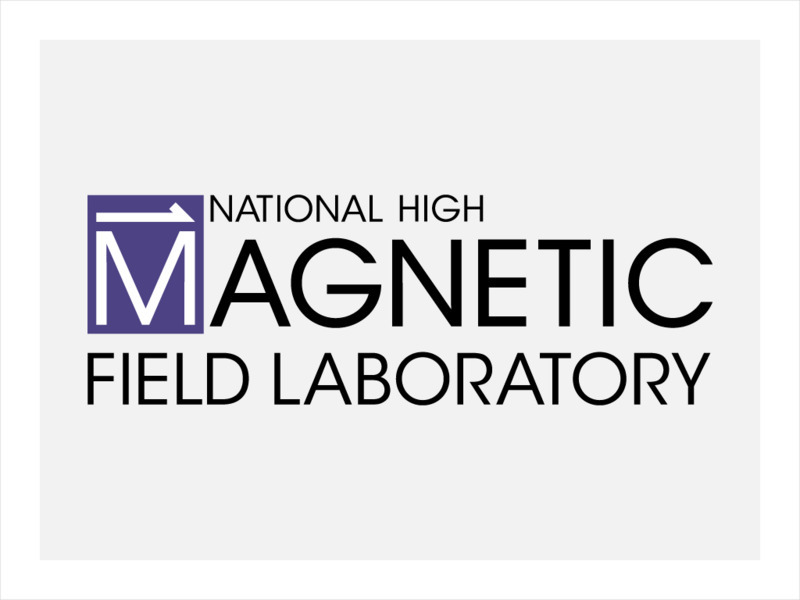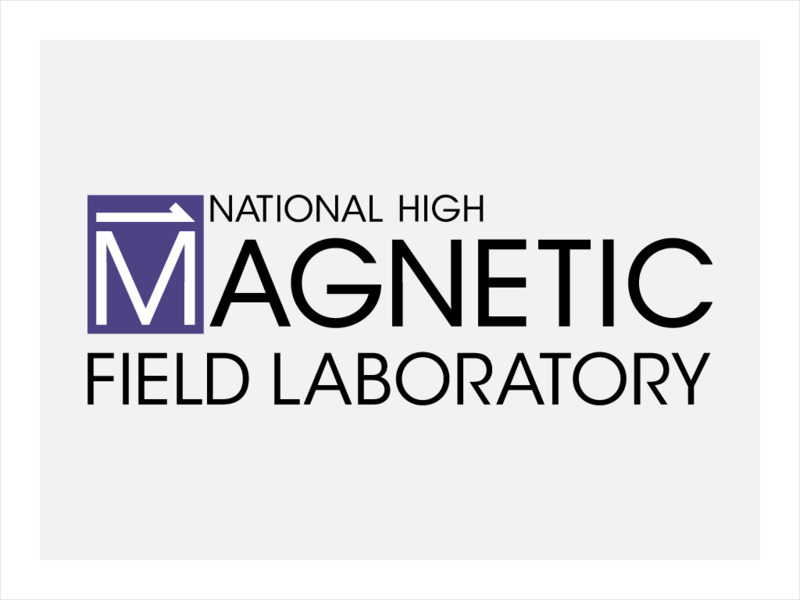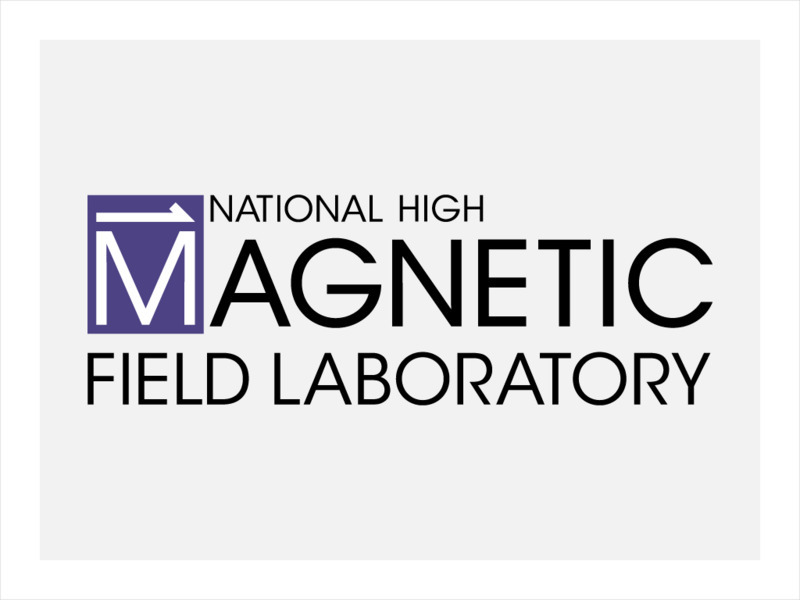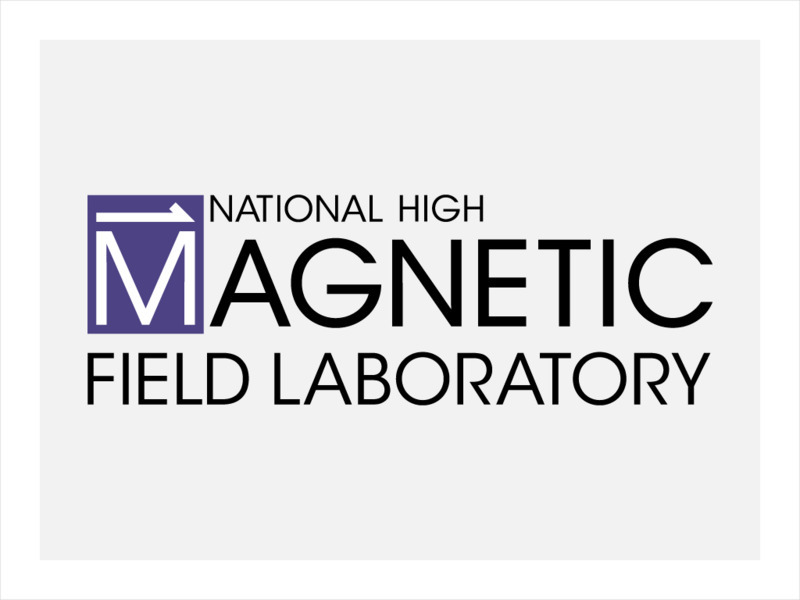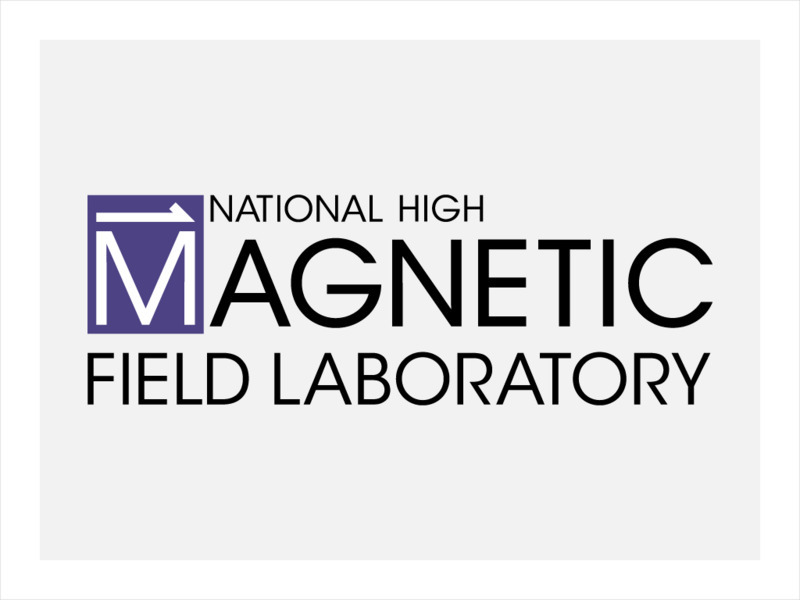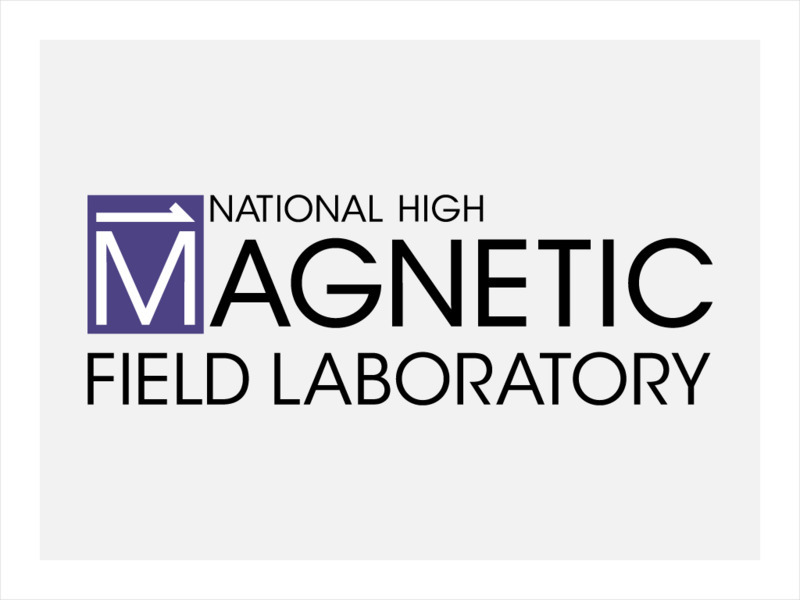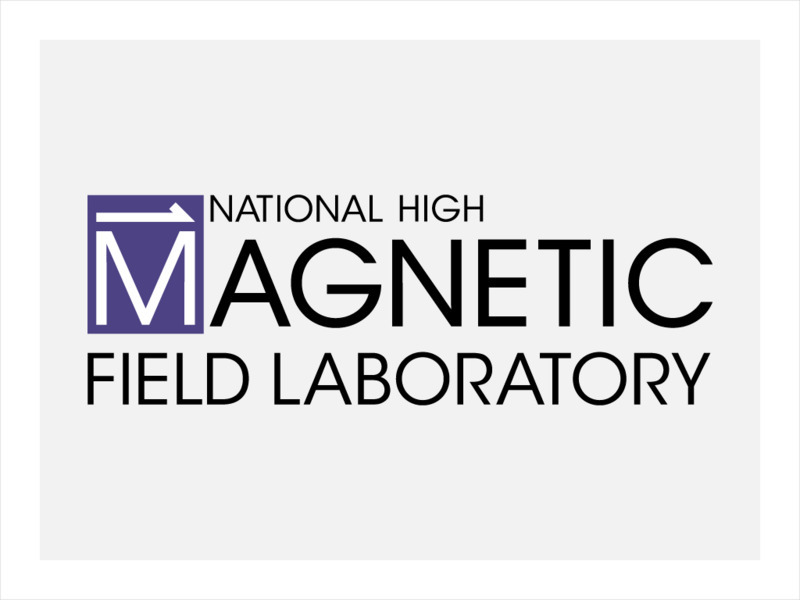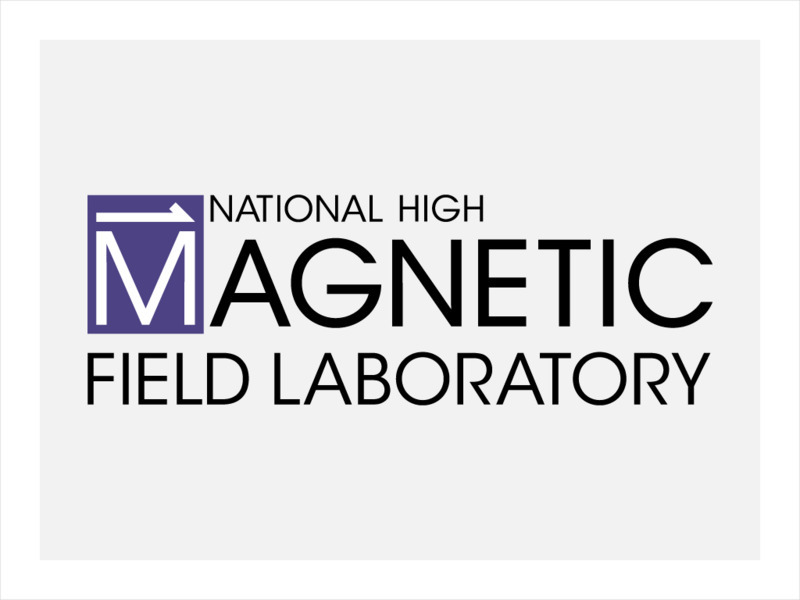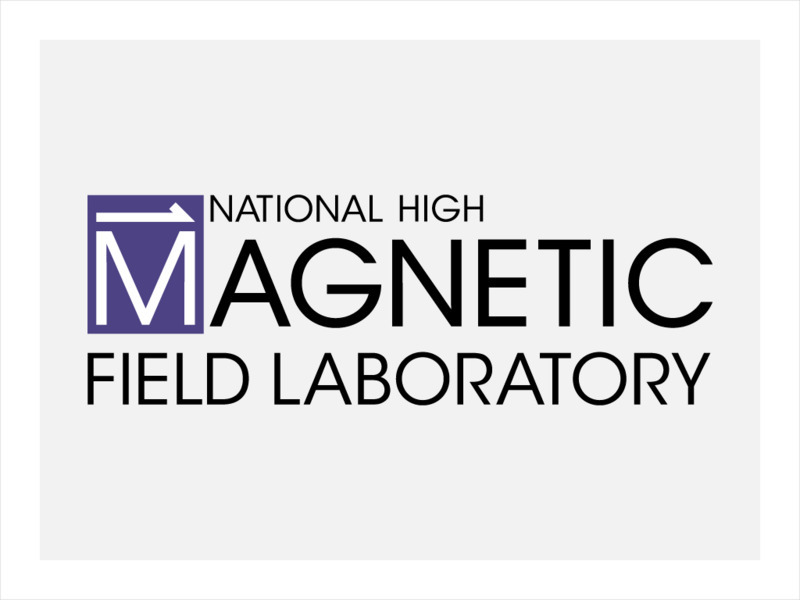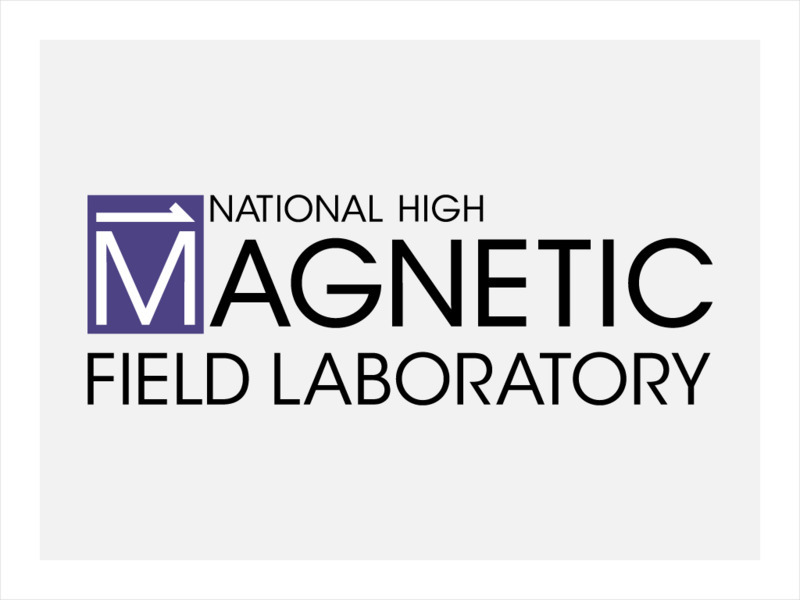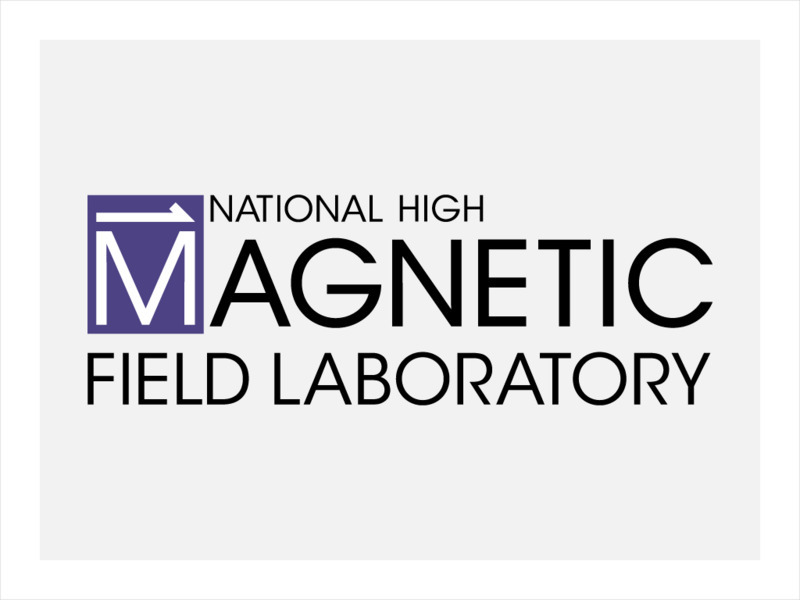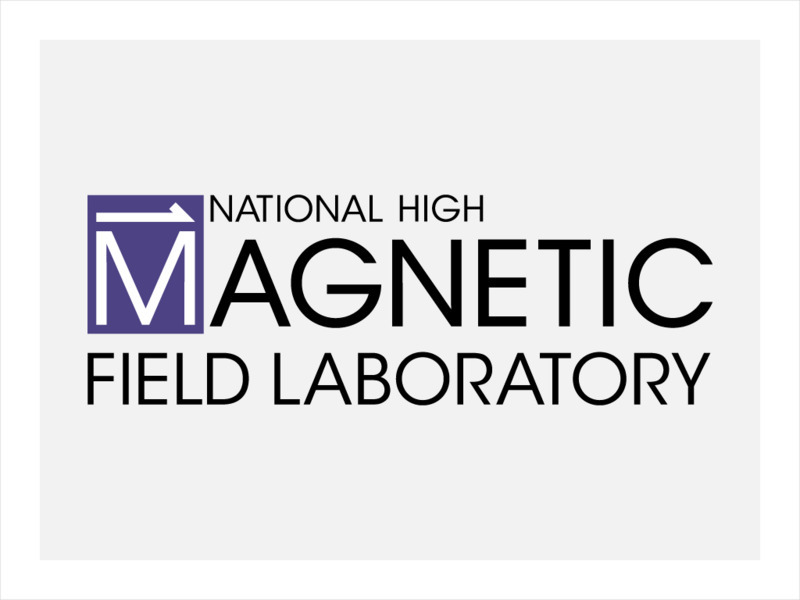Hi, what do you want to do?
National High Magnetic Field Laboratory
Magnet Academy: Luigi Galvani
Luigi Galvani was a pioneer in the field of electrophysiology, the branch of science concerned with electrical phenomena in the body. His experiments with dissected frogs and electrical charges led him to suggest the existence of a...
National High Magnetic Field Laboratory
Magnet Academy: Andre Marie Ampere
Although he was not the first person to observe a connection between electricity and magnetism, Andre-Marie Ampere was the first scientist to attempt to theoretically explain and mathematically describe the phenomenon. His contributions...
National High Magnetic Field Laboratory
Magnet Academy: John Ambrose Fleming
John Ambrose Fleming was an electronics pioneer who invented the oscillation valve, or vacuum tube, a device that would help make radios, televisions, telephones and even early electronic computers possible. A brilliant innovator,...
National High Magnetic Field Laboratory
Magnet Academy: Heinrich Friedrich Emil Lenz
At the turn of the 19th century, scientists were beginning to gain a rudimentary understanding of electricity and magnetism, but they knew almost nothing about the relationship between the two. Baltic German physicist Heinrich Lenz took...
National High Magnetic Field Laboratory
Magnet Academy: The Tesla Coil
What's behind the cool purple sparks? Neat science about resonance and transformers. Slideshow: [6:00]
National High Magnetic Field Laboratory
Magnet Academy: Tesla Coil 1891
By the late 1800s, electricity had long been discovered and was no longer considered a novelty. The science of how to store, enhance, or transmit electrical current was just beginning to evolve, and eccentric scientist Nikola Tesla...
National High Magnetic Field Laboratory
Magnet Academy: Michael Faraday
A self-educated man with a brilliant mind, Michael Faraday was born in a hardscrabble neighborhood in London. Through the combination of insatiable curiosity and a powerful will to succeed, he transcended his austere beginnings to...
National High Magnetic Field Laboratory
Magnet Academy: Electric Range 1892
From the Stone Age to today, the search is constantly underway for better, more efficient ways to cook food. Reflecting many of the advances in science and technology, the electric range has become a popular choice for homes and businesses.
National High Magnetic Field Laboratory
Magnet Academy: Jean Charles Athanase Peltier (1785 1845)
Although he didn't start studying physics until he retired from the clock-making business at age 30, French native Jean Peltier made immense contributions to science that still reverberate today. Even with the primitive tools available...
National High Magnetic Field Laboratory
Magnet Academy: Cryogenics for English Majors
Fear not, right-brained friends: Science and art intersect in plenty of places, and this is one of them. Samuel Taylor Coleridge lends a hand as we explore cryogenics - how to get things fantastically frigid - and the fascinating element...
National High Magnetic Field Laboratory
Magnet Academy: Transatlantic Telegraph Cable 1858
The main figure behind the first transatlantic telegraph knew very little about the science or engineering behind it, but was convinced that with it a fortune could be made. Read about these findings here.
National High Magnetic Field Laboratory
Magnet Academy: Timeline of Electricity and Magnetism: 1880 1889
Nikola Tesla and Thomas Edison duke it out over the best way to transmit electricity and Heinrich Hertz is the first person (unbeknownst to him) to broadcast and receive radio waves.
National High Magnetic Field Laboratory
Magnet Academy: Timeline of Electricity and Magnetism: 1820 1829
Hans Christian Orsted's accidental discovery that an electrical current moves a compass needle rocks the scientific world; a spate of experiments follows, immediately leading to the first electromagnet and electric motor.
National High Magnetic Field Laboratory
Magnet Academy: Timeline of Electricity and Magnetism: 1930 1939
New tools such as special microscopes and the cyclotron take research to higher levels, while average citizens enjoy novel amenities such as the FM radio.
National High Magnetic Field Laboratory
Magnet Academy: Timeline of Electricity and Magnetism: 1910 1929
Scientists' understanding of the structure of the atom and of its component particles grows, the phone and radio become common, and the modern television is born.
National High Magnetic Field Laboratory
Magnet Academy: Timeline of Electricity and Magnetism: 1900 1909
Albert Einstein publishes his special theory of relativity and his theory on the quantum nature of light, which he identified as both a particle and a wave. With ever new appliances, electricity begins to transform everyday life.
National High Magnetic Field Laboratory
Magnet Academy: Electrocardiograph 1903
If TV medical dramas have taught us anything, it's how to recognize the heart's characteristic peaks and valleys crawling across monitors in emergency rooms. These images represent the electrical activity of the beating heart as recorded...
National High Magnetic Field Laboratory
Magnet Academy: Gerd Binnig
Gerd Binnig co-developed the scanning tunneling microscope (STM) with Heinrich Rohrer. The STM allowed scientists entry into the atomic world in a new way and was a major advance in the field of nanotechnology. For their achievement,...
National High Magnetic Field Laboratory
Magnet Academy: Heinrich Hertz
The discovery of radio waves, which was widely seen as confirmation of James Clerk Maxwell's electromagnetic theory and paved the way for numerous advances in communication technology, was made by German physicist Heinrich Hertz. In the...
National High Magnetic Field Laboratory
Magnet Academy: Timeline of Electricity and Magnetism: 1890 1899
Scientists discover and probe x-rays and radioactivity, while inventors compete to build the first radio.
Math Science Nucleus
I. Science Ma Te: Integrating Science, Math and Technology
This site offers a wealth of online textbook-related materials that encourage the discovery of science in the world around us. Enter the site to access material on specific topics. Each section contains reading material (complete with...
National High Magnetic Field Laboratory
Magnet Academy: Mag Lab: Image Furnace
Scientists use image furnaces to grow crystals at very high temperatures. A built-in camera allows them to observe in action a delicate process that is equal parts art and science.
Khan Academy
Khan Academy: Experiment: What's the Shape of a Magnetic Field?
See drawing from Hans Christian Orsted's lab notebook showing an experiment in which an electric charge passing through a wire seemed to create a magnetic field!
National High Magnetic Field Laboratory
Magnet Academy: Timeline of Electricity and Magnetism: 1870 1879
The telephone and first practical incandescent light bulb are invented while the word "electron" enters the scientific lexicon.





